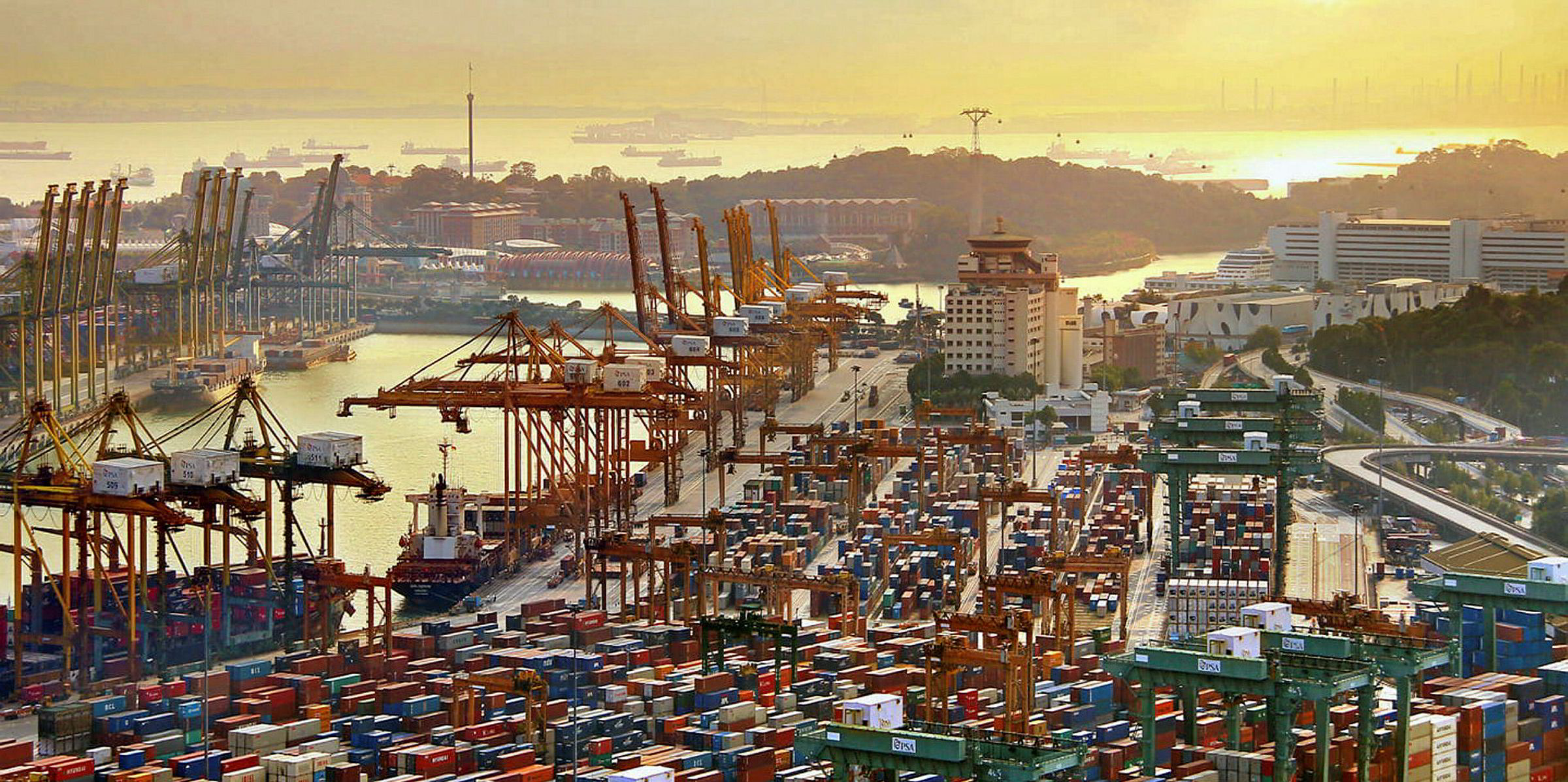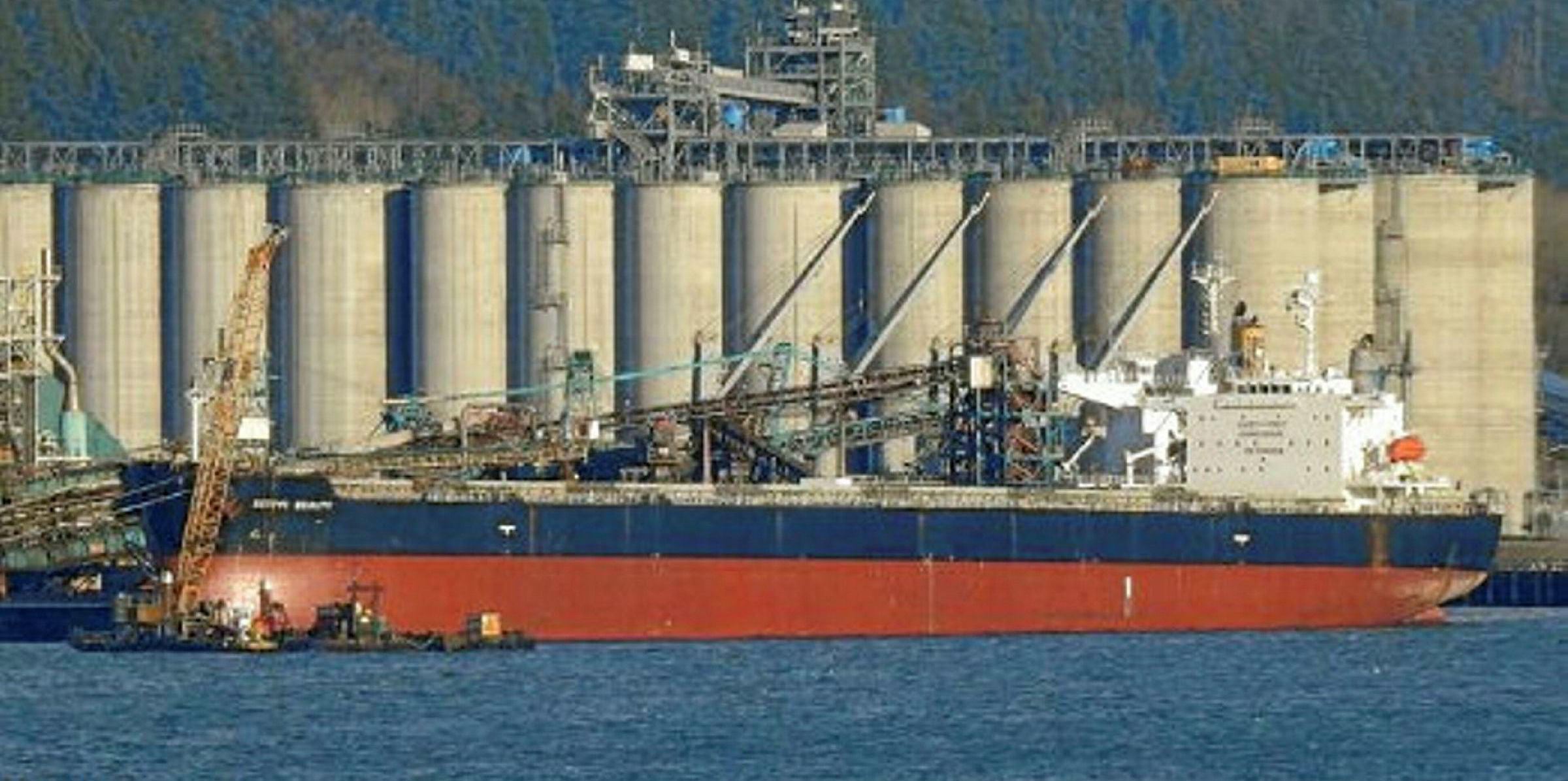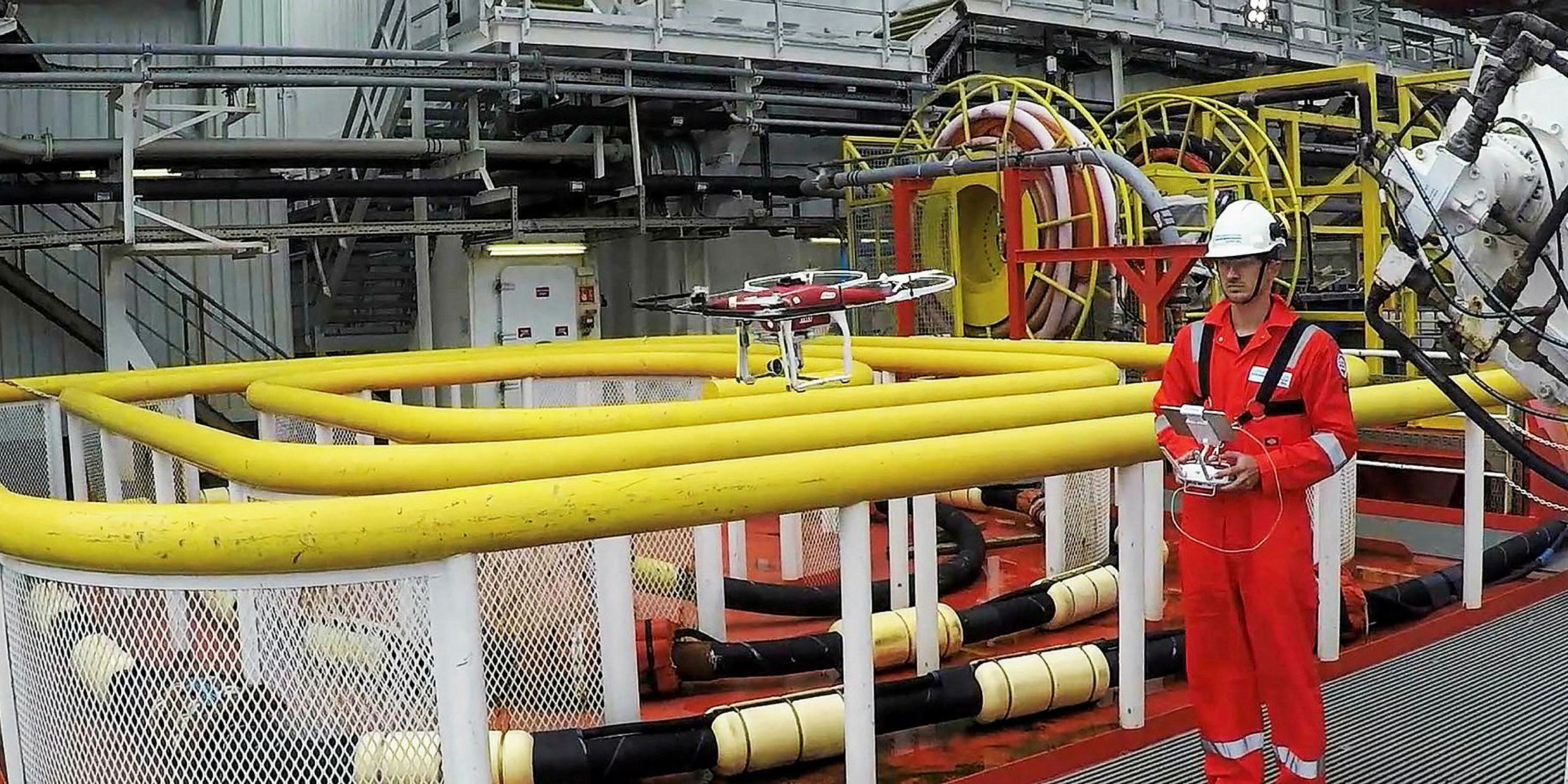A formality in vessel transactions has turned into one of the biggest headaches for shipowners during the coronavirus crisis: delivering the ships.
In normal times, buyers and sellers spend much of their efforts wrangling over pricing details while sorting out technical details — such as changing crews, flags, insurers, classification societies — with relative ease.
But lockdown measures across the globe are making the final, yet essential step in completing ship sales — physically putting the vessel in the buyers’ hands — extremely difficult.
All parties involved will often need to have ample preparation time, be flexible and coordinate in good faith while willing to accept third-party or remote surveyors, some who managed the task recently told TradeWinds.
A recent successful example was First Ship Lease (FSL) Trust’s delivery of the 115,000-dwt crude tanker FSL Shanghai (built 2007) to Performance Shipping in late March.
After the Singapore-listed trust agreed to sell the ship for $26m in February, Performance Shipping deployed the shipmaster and first engineer well in advance of physical delivery while following all the quarantine measures as required by national authorities.
Prioritising seafarers’ needs
The two sides agreed to change the delivery location from Singapore — which had tightened crew change rules — to Japan.
“In these times, it's extremely important that the buyers and the sellers cooperate very well, in order for the delivery to be smooth,” an industry source familiar with the delivery said.
“It's not only the crew. It’s also about the supplies, the telecommunications, everything needs to be put in place at the same time.”
- Gourdomichalis Maritime took delivery of the 58,700-dwt Easter N (built 2013) from Mitsuhama Kisen in Japan. The supramax bulker was renamed Kavo Perdika
- Performance Shipping took delivery of the 115,000-dwt FSL Shanghai (built 2007) from First Ship Lease Trust in Japan. The aframax tanker was renamed P Kikuma
- Chartworld Shipping took delivery of the 6,494-teu Rotterdam from Performance Shipping in South Korea. The post-panamax boxship was renamed Rotterdam Star
- Korea Asset Management Corp took delivery of the 76,900-dwt Bettys Beauty from Zihni Shipping & Trading in South Korea. The panama bulker was renamed F Ocean
Sources: Companies and VesselsValue
“You put a bit more food, a bit more supplies, everything they [the crews] need. Because part of getting through this is having the crews feeling well.”
The aframax was renamed P Kikuma and reflagged from Singapore to the Marshall Islands. In terms of protection and indemnity insurance coverage, the vessel switched from the Norwegian Hull Club to Britannia P&I.
The P Kikuma remains classified by DNV GL, which was able to deploy a surveyor from Japan locally.
“To minimise the disruptions, all parties involved — the sellers and buyers, but also the lawyers and the registries — need to adopt a pragmatic and open approach,” Roger Woods, chief executive of the trustee-manager of FSL Trust said.
“While working closely together, [parties involved should be] having an understanding of each the challenges in these unprecedented times.”
Difficult in inspecting ships
Aside from the tanker, Performance Shipping delivered the 6,494-teu boxship Rotterdam to Chartworld Shipping last week.
Zihni Shipping and Trading also put the 76,900-dwt Bettys Beauty in the hands of an unnamed seller in Yeosu, South Korea.
In general, ship lawyers and financiers are willing to work remotely, although delays in handling the original documents can occur occasionally.
As for physical inspections, Woods said the difficulty lies in completing the buyer’s own inspection due to travel restrictions and quarantine measures.
“It has become almost impossible for buyers to fly their own staff to conduct physical inspections. The only realistic option is to appoint local independent inspectors based in the country where the vessel is located,” Woods said.
“As such, buyers have to be comfortable with relying on outside inspectors in this situation.”
Vijay Arora, joint managing director of Indian Register of Shipping, said his classification society needs to protect its staff during the outbreak while adopting remote survey technology.
“If permitted by the local authorities to board the vessel, we have prepared a simple checklist for use by surveyors prior to boarding which aims to help them confirm from the vessel owners that they have implemented enough controls to prevent virus infection and spread,” Arora said.
In case surveyors cannot board the ships, remote survey techniques will be based on self-checks by senior crew members with supporting documentation, photos and videos, according to Arora.
“Facilities for video conferencing including live video streaming for visualisation of specific section of ship or equipment for cross verification, where available, may also be utilised,” Arora added.







